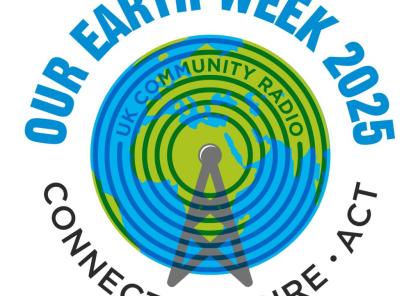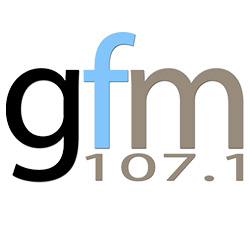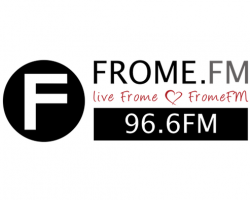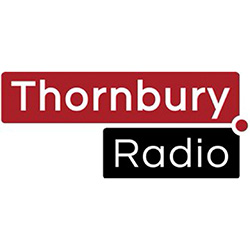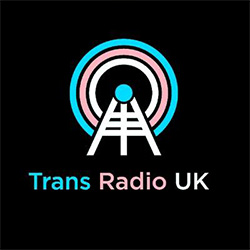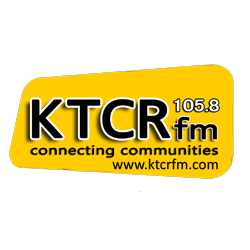
08/11/2025
Them magazine, which specialises in the struggle for LGBTQIA human rights as part of societal transformation to a more sustainable, caring model, meets up with black trans activists who are feeding local communities in the States after the government shut down, bringing much needed respite for people who otherwise struggle without state subsidies. Journalist James Factora writes "“As a Black trans woman who does not have a great connection with her family, in many ways I grew up alone and seeking my own resources, building community, building my own family network and network of support,” Gabrielle Souza reveals. In the face of the recent government shutdown and subsequent delay of Supplemental Nutrition Assistance Program (SNAP) benefits, commonly known as food stamps, activists are mobilising. At the time of writing, there is still a huge degree of uncertainty as to when or how SNAP benefits will be resumed, leaving millions of recipients in the dark. Though the White House has promised to use emergency money to pay out partial benefits, in compliance with a November 3 court order, The New York Times has reported that nearly five million people may not receive food stamps at all this month. However, on November 6, a judge ordered the Trump administration to fully restore SNAP funding for the month by Friday November 7.
While there is little research on food insufficiency among trans people, a study published in October in the open access medical journal Critical Public Health found that between 2021 and 2023, 21% of trans adults reported experiencing food insufficiency, as opposed to 8% of cisgender adults. Additionally, trans adults were twice as likely as cis adults to report being reliant on both SNAP (14% vs. 7%) and free meals or groceries (9% vs. 5%). In other words, food insufficiency has been a crisis among LGBTQ+ people for much longer than this current moment, and it’s only being exacerbated by the SNAP shutdown and the uncertain future of public assistance under the Trump administration. But this also means that queer and trans food justice organizers are uniquely equipped for this moment, having spent years laying the groundwork for this inflection point. One of the cornerstones of the Okra Project, for example, is the organization’s annual Holiday Grocery Assistance Fund, which provides Black trans people with cash for food. This year, recipients will receive $400, twice as much as what the program usually provides, a decision that was made “in direct response to the rising need that we are seeing and hearing,” as Okra Project director of programs Max Rigano tells Them.
What also makes such queer- and trans-led programs unique is the agency that they grant to people who receive funds and meals. In a similar vein, the grassroots organization Southern Solidarity, which distributes “food, medical resources, and basic needs” on a weekly basis to unhoused people in New Orleans and New York, places a focus on protecting the dignity of the people they serve. Jasmine Araujo, the founder of Southern Solidarity, founded the organization five years ago when she realized no one in her neighborhood in New Orleans was supporting unhoused people during the initial stages of the COVID-19 lockdown. During its first two years, the Southern Solidarity team directly distributed food on a daily basis, sourced from nearby restaurants and members’ own gardens “to people who are disabled, who are queer, who are houseless or trans,” as Araujo tells Them. Now, the organization has shifted to weekly distribution, and have also expanded their work to New York City".
https://www.them.us/story/how-lgbtq-food-justice-organizers-are-respondi...

